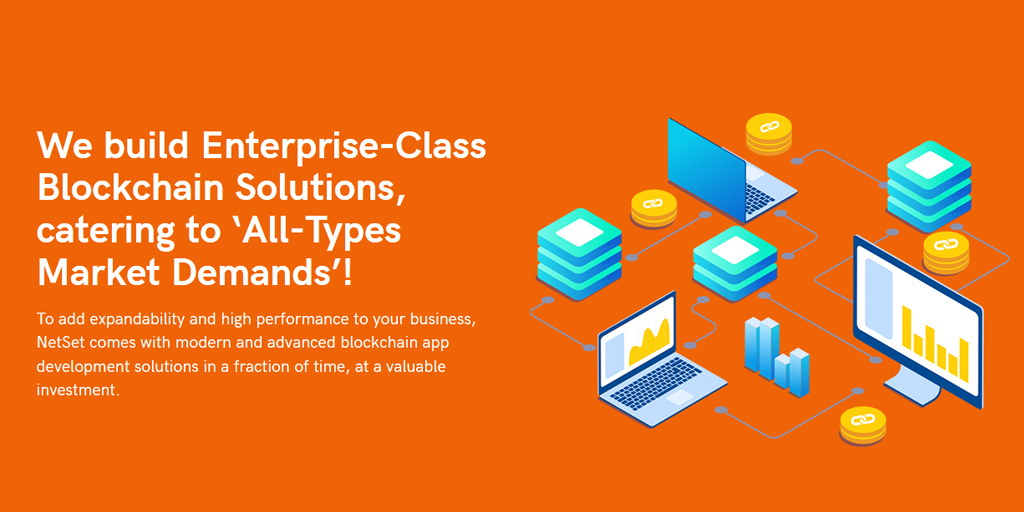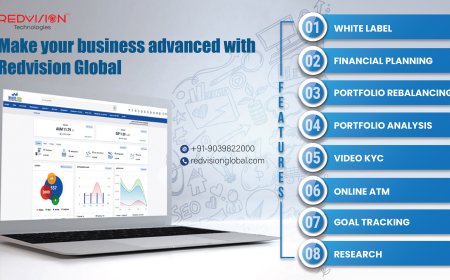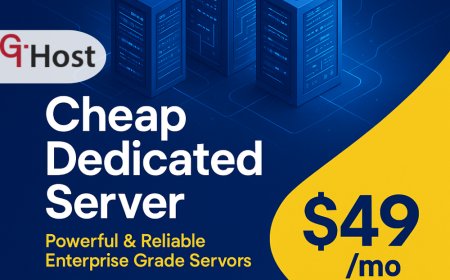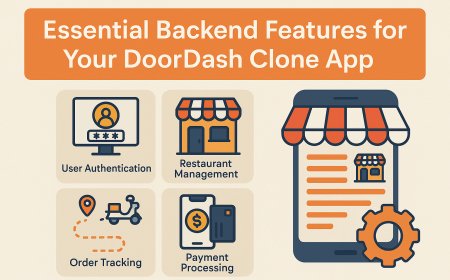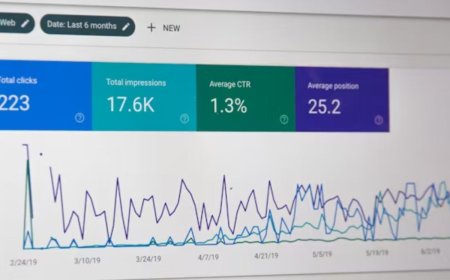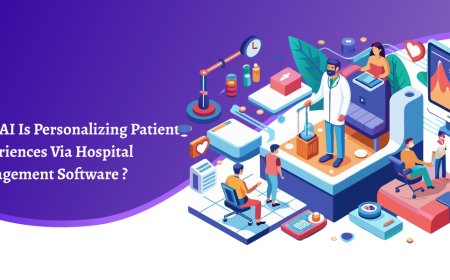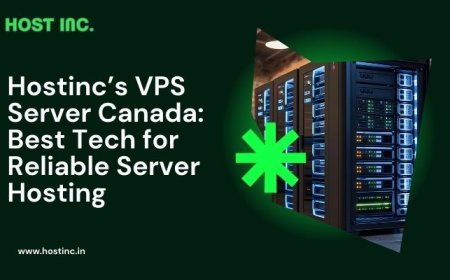How Cloud Service Providers Ensure Data Security and Compliance?
Explore how cloud service providers safeguard your data with encryption, access controls, and compliance frameworks to meet industry regulations securely.

Introduction to Cloud Data Security and Compliance
With more businesses shifting to cloud computing, concerns around data security and regulatory compliance have become more important than ever. Organizations are storing sensitive customer information, financial records, healthcare data, and intellectual property on cloud platforms. This data must be protected not only from cyberattacks but also in accordance with legal and industry-specific standards.
Cloud service providers like Amazon Web Services (AWS), Microsoft Azure, and Google Cloud Platform (GCP) offer powerful tools and protocols to keep data safe. But data security in the cloud is not just about firewalls and passwords. It's a shared responsibility between the provider and the customer. While the cloud provider ensures the infrastructure is secure, its up to the business to configure and use the services correctly.
In this blog, well explore how cloud service providers ensure security and compliance, what mechanisms they have in place, and how businesses can benefit from their practices.
The Shared Responsibility Model in Cloud Security
What Is the Shared Responsibility Model?
Cloud security is based on a shared responsibility model. The cloud provider is responsible for securing the infrastructure that runs all of the services, including physical security, hardware, network, and foundational services. The customer, on the other hand, is responsible for managing and securing their own data, access permissions, and the configuration of applications.
For example, AWS takes care of the servers, storage, and networking. But if a customer leaves their database open to the internet, thats their mistakenot AWSs.
Why It Matters
Understanding this model is key to preventing data breaches and non-compliance issues. Cloud service providers give businesses all the tools needed to protect their data, but these tools must be used properly.
How Cloud Providers Ensure Data Security
1. Data Encryption at Rest and in Transit
Encryption is one of the most fundamental ways cloud providers protect data. They ensure that your data is encrypted both at rest (when its stored on disks or databases) and in transit (when it's moving across networks).
Most major cloud platforms offer encryption by default using strong algorithms like AES-256. Businesses can also use their own encryption keys or opt for Key Management Services (KMS) provided by the cloud vendor for more control over how data is encrypted and accessed.
2. Identity and Access Management (IAM)
Cloud service providers offer powerful IAM tools that control who can access what within your cloud environment. Role-based access controls (RBAC), multi-factor authentication (MFA), and granular permission settings ensure that users only access the data and services they are authorized to use.
This helps prevent internal threats and accidental data exposure, as well as unauthorized access from external sources.
3. Network Security and Firewalls
Cloud platforms offer virtual private clouds (VPCs), security groups, and network access control lists (ACLs) to help businesses control traffic in and out of their cloud environments. These settings work like traditional firewalls but offer much more flexibility.
Security groups, for example, allow you to define which servers can talk to each other and what kind of traffic is allowed. These configurations help prevent attacks like DDoS, port scanning, and unauthorized access attempts.
4. Threat Detection and Intrusion Prevention
Cloud service providers continuously monitor their infrastructure for threats using AI-powered tools and threat intelligence feeds. Services like AWS GuardDuty, Azure Defender, and Google Cloud Security Command Center identify suspicious activities such as unauthorized logins, malware, or abnormal network behavior.
They also provide real-time alerts and automated responses to block threats before they can cause damage.
5. Security Patching and Updates
One of the benefits of using cloud services is that providers automatically manage security patching for their infrastructure. Whether its the hypervisor, physical server, or core networking component, cloud vendors regularly apply patches to close security vulnerabilities.
This removes the burden of manual patching from businesses and ensures that systems stay protected against the latest threats.
6. Backup and Disaster Recovery
Cloud providers offer built-in backup and disaster recovery options to protect your data from accidental loss, deletion, or corruption. Features like versioning, snapshot backups, and geographic redundancy ensure that your data can be restored quickly if something goes wrong.
These services help maintain data integrity and availability, which are essential aspects of any data security strategy.
How Cloud Providers Support Compliance
1. Global Compliance Certifications
Leading cloud service providers meet a wide range of compliance requirements across different industries and regions. Some common certifications include:
- ISO 27001 for information security management
- SOC 1, 2, and 3 for system and organization controls
- PCI DSS for payment card data security
- HIPAA for healthcare data privacy in the U.S.
- GDPR compliance tools for handling data of EU citizens
These certifications show that the provider follows industry best practices for security, risk management, and data privacy.
2. Compliance Reports and Audits
Cloud providers regularly undergo third-party audits to verify their compliance status. Customers can often access detailed audit reports and certifications through the providers compliance center. This makes it easier for businesses to pass their own audits by regulators or clients.
3. Data Residency and Sovereignty
Many industries and countries have laws about where data must be stored. Cloud providers allow businesses to choose data regions so that they can comply with data residency and sovereignty regulations.
For instance, a financial firm in India can choose to store its customer data only in Indian data centers to comply with local laws.
4. Logging and Monitoring for Audits
Logging is essential for compliance. Cloud platforms provide extensive logging services like AWS CloudTrail, Azure Monitor, and GCP Cloud Audit Logs. These logs track every user action and system change, making it easier to detect issues and create audit trails for compliance checks.
5. Compliance Tools and Templates
Cloud providers offer pre-built compliance templates and automated tools that help businesses configure their environments according to specific regulations. These tools reduce the complexity of compliance and save time in setup and monitoring.
For example, AWS Config can evaluate your resources to check whether they comply with HIPAA or PCI DSS requirements.
Read more: How a DevOps Solutions Provider Can Accelerate Your CI/CD Pipeline?
Why Security and Compliance Should Be a Priority
Security and compliance are no longer optional in todays digital landscape. Cyber threats are becoming more sophisticated, and regulators are enforcing stricter rules. A single data breach can result in heavy fines, legal trouble, and damage to your brands reputation.
By using cloud services with strong security and compliance features, youre not only protecting your data but also building trust with your customers, partners, and investors. You demonstrate that your business takes data protection seriously and is committed to meeting the highest standards.
Conclusion
As businesses continue to adopt cloud computing, ensuring data security and compliance has become more critical than ever. Cloud service providers play a major role in this journey by offering advanced tools, global infrastructure, and regulatory support to protect your most valuable assetdata.
From encryption and threat detection to audit logs and compliance certifications, these providers help businesses meet industry standards while staying agile and scalable. But its important to remember that security is a shared responsibility. By combining the capabilities of your cloud provider with best practices in your organization, you can create a secure and compliant environment that supports business growth and innovation.
If you're building digital platforms or planning to scale your infrastructure, working with a reliable on demand app development services provider in tandem with your cloud setup ensures your applications are not just functional but also secure, compliant, and future-ready.
Frequently Asked Questions
What is the shared responsibility model in cloud security?
The shared responsibility model means that the cloud provider handles the security of the infrastructure, while the customer is responsible for securing their own data, access controls, and configurations.
How do cloud providers protect data from hackers?
They use advanced security tools like encryption, intrusion detection, firewalls, and continuous monitoring to identify and prevent unauthorized access to your data.
Are cloud services compliant with global regulations?
Yes, leading cloud providers are certified in various global standards such as ISO, HIPAA, PCI DSS, and GDPR. These certifications prove that their platforms meet strict security and privacy requirements.
Can I control where my cloud data is stored?
Yes, most cloud platforms allow you to select specific data regions or zones to ensure compliance with local data residency laws.
What role does encryption play in cloud data security?
Encryption protects data by converting it into unreadable code, which can only be decoded with the correct encryption key. Its used both when data is stored (at rest) and when it is transferred (in transit).












